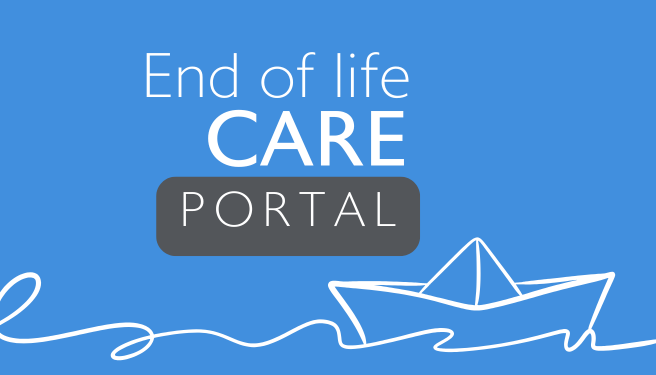The BGS welcomes the publication of the first volume of the Palliative and End of Life Care Commission report. We were pleased to have had the opportunity to contribute to the work of the Commission, with our President, Professor Jugdeep Dhesi, being appointed as a commissioner and several of our expert members giving evidence.
Throughout our contribution to the Commission, we have been clear that the primary focus must be on improving palliative and end of life care for all. Given that nearly 70% of the 670,000 deaths in the UK each year are in people aged over 75, it must be recognised that most people die in older age at the end of their natural lifespan. The vast majority of deaths occur in those living with and dying of frailty, dementia and multiple long-term conditions. They are primarily cared for up to and at the end of life, by generalist health and social care staff and experts in older people’s healthcare, working in hospitals, care homes and in the community. While specialist palliative care services do indeed provide crucial and expert care to people dying of a terminal illness, the reality is that this is for a minority of those dying. We would like to see the report further emphasise the roles of both generalists and specialists across acute, community and social care.
The report makes useful recommendations about the need for a strategic approach to care provided at the end of life, including the importance of training to ensure the health and social care workforce has the necessary skills. We welcome the proposals to strengthen existing good practice in terms of early identification of need, honest conversations, and tailored support for the person dying and their family. But we know there is great variation in how such care is provided, and sustained investment will be needed to ensure everyone is appropriately supported at the end of life.
We look forward to the next two volumes of the report, which will examine the evidence supporting quality palliative and end of life care, and the funding implications. We urge the Commission to provide clarity on the differing approaches needed for older people living and dying with multiple long-term conditions, frailty and dementia; adults with single neurological or cancer diagnoses; and children, so that we ensure everyone receives the care that they need as they approach the end of life.
Professor Jugdeep Dhesi, President of the BGS, said:
It was an honour to be appointed as a commissioner on the Palliative and End of Life Care Commission. I was pleased to have the opportunity to emphasise the needs of the majority of those reaching the end of life, namely older people living and dying with frailty and multiple long-term conditions. The Commission has a real opportunity to advocate for improved quality of care at the end of life for everyone. We must do more to ensure that the generalist and specialist health and social care workforce has the skills needed to provide individualised compassionate care at the end of life. We must also work with policy makers to implement services aligned to the needs and wants of people in the last stages of life, and support education of the public about living and dying well.”
